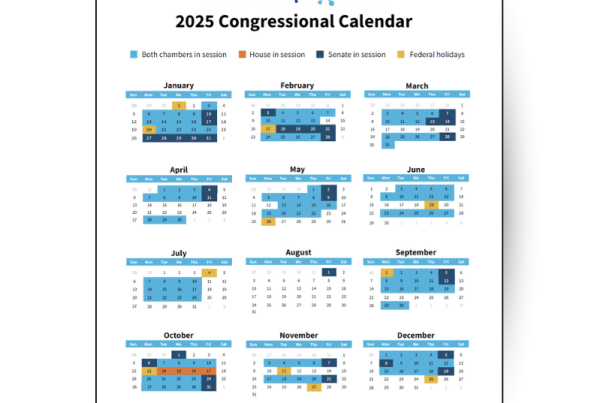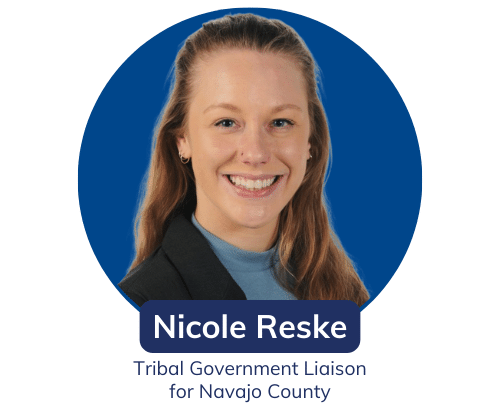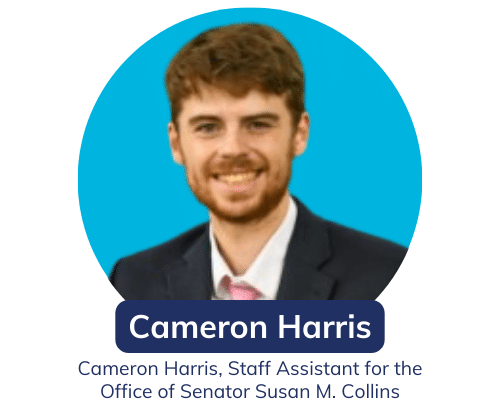Anita Roman has been dedicated to working at the intersection of Tribal relations and state government. With roots deeply connected to her community on the reservation and a long career in grantmaking and economic development, Anita focuses on building relationships, advocating for her people, and bridging the gap between Tribal and state interests
Takeaways:
- Tribal Government Relations involves navigating the intersection of Tribal culture and modern governance, which requires balancing cultural values with policy and economic development goals.
- Whether Native or not, listening to those with lived experiences and historical knowledge is critical to bridging the gap between traditional practices and modern governance structures.
- Embracing your identity, especially in roles that require navigating diverse communities, is a strength that can guide meaningful and impactful work.

Can you tell me about your career path that has led you to where you are now?
I was born and raised on the reservation, and I always knew that I wanted to come back and help my community. After getting my bachelor’s degree from the University of Wyoming, I worked at the Wyoming Community Foundation for almost ten years, focusing on grantmaking. That role gave me the chance to travel across Wyoming and see firsthand the challenges that different communities face—whether it was a rural area or a reservation, I noticed a lot of parallels.\
From there, I was invited to do economic development at Wyoming’s only CDFI (Community Development Financial Institution), which gave me experience in fundraising and further deepened my connection to community work. I’ve been in the governor’s office since May 2023, and it’s been an amazing opportunity to build relationships and facilitate important conversations. My role is to ensure that the voices of the Northern Arapaho Tribe are heard without speaking for them—my job is to convey their discussions, concerns, and priorities. It’s a delicate balance, but it’s incredibly important work.
How did you become passionate about the intersection of tech, government, and tribal communities, and how do you stay informed and engaged in those areas?
My passion really comes from a love for people and my culture. I care deeply about who people are, and Wyoming has such an incredible array of communities with unique challenges and strengths. I’m proud of my culture and my state, and that drives me to keep doing the work.
The intersection of Tribal relations and economic development is a space where a lot of things are happening, and I find it so important to maintain open communication. It’s about building relationships, listening, and understanding the impact of every decision. I’m always learning from the people around me, whether it’s through direct conversations, attending summits, or keeping up with the latest developments in economic policy. The relationships I’ve built over the years help keep me connected and engaged in this work.
What do you believe sets Tribal Government Relations apart as a unique work environment, and how do you navigate its challenges in your everyday work?
Tribal relations is really a balancing act. It’s not just about dealing with policy or economic development—it’s about navigating two worlds: the Tribal world and the government world. That’s what sets it apart from other fields. It’s a delicate balance of making sure the right conversations happen while ensuring that you honor the cultural values of your people.
When I took this role, I spoke with elders and made a commitment to always keep my Native American identity at the forefront. That’s not always easy. There are times when I’ve felt like I needed to set aside my culture to fit into a certain environment, but I’ve learned to lean into my cultural differences. Embracing my Native identity has been one of the most important lessons in my career. I’m constantly reminding myself how to navigate both worlds while staying true to who I am.
Describe a challenging or rewarding project that significantly influenced your growth as a professional. How did you handle the challenge, and what did you learn from the experience?
One of the most challenging aspects of my work is maintaining relationships with communities across the state, especially when there are difficult conversations that need to happen. I was part of a grant writing summit for the state of Wyoming, where we were discussing how federal dollars could be better allocated to support economic development. This work touches on cross-sectional issues—education, healthcare, infrastructure, and so much more. The challenge is that it’s all interconnected, and you can’t focus on just one piece without considering how it affects the others.
The most rewarding part of this project was seeing how we could make a real difference for communities that often feel left behind. Even if I didn’t see the impact right away, I now see how those efforts are starting to pay off. I’ve learned that in this line of work, patience and persistence are key, and it’s important to always keep the bigger picture in mind.
What advice would you give to someone navigating how to bridge the gap between traditional practices and modern governance structures?
The best advice I can give is to listen—listen with all of your senses. Whether you’re Native or not, it’s crucial to understand the history of Tribal communities and the impact that past policies have had. You have to look at the past not to dwell on it but to make sure you don’t repeat the same mistakes.
If you’re Native, don’t be afraid to lean into your culture. For a long time, I felt like I had to put my Native identity aside to fit in, but I’ve learned that embracing who I am is my strength. If you’re not Native, take the time to listen to those who are. Ask questions, be curious, and build on what already exists. This work requires you to be humble and open to learning from those who have lived experience.
Word association, what is the first word that comes to mind for each of these?
- Policy – Guidance
- Networking – Friendships
- Communications – Listening
- Leadership Connect – Curious






